The Great COP Out

18-year-old Greta Thurnberg has this to say about COP-26 in Glasgow:
It is not a secret that COP26 is a failure. It should be obvious that we cannot solve a crisis with the same methods that got us into it in the first place. And more and more people are starting to realize this. Many are starting to ask themselves, “What will it take for the people in power to wake up?”
But let’s be clear: They are already awake. They know exactly what they are doing. They know exactly what priceless values they are sacrificing to maintain business as usual. The leaders are not doing nothing; they are actively creating loopholes and shaping frameworks to benefit themselves and to continue profiting from this destructive system. This is an active choice by the leaders to continue to let the exploitation of people and nature and the destruction of present and future living conditions to take place.
The COP has turned into a PR event where leaders are giving beautiful speeches and announcing fancy commitments and targets, while behind the curtains the governments of the Global North countries are still refusing to take any drastic climate action. It seems like their main goal is to continue to fight for the status quo.
And COP26 has been named the most exclusionary COP ever. This is not a conference. This is now a Global North greenwash festival, a two-week-long celebration of business as usual and blah, blah, blah. The most affected people in the most affected areas still remain unheard, and the voices of future generations are drowning in their greenwash and empty words and promises. But the facts do not lie, and we know that our emperors are naked.
To stay below the targets set in the Paris Agreement, and thereby minimizing the risks of setting off irreversible chain reactions beyond human control, we need immediate, drastic, annual emission cuts unlike anything the world has ever seen. And as we don’t have the technological solutions that alone will do anything even close to that, that means we will have to fundamentally change our society. And this is the uncomfortable result of our leaders’ repeated failure to address this crisis.
At the current emissions rates, our remaining CO2 budgets to give us the best chances of staying below 1.5 degrees Celsius will be gone within the end of this decade. And the climate and ecological crisis, of course, doesn’t exist in a vacuum. It is directly tied to other crises and injustices that date back to colonialism and beyond, crises based on the idea that some people are worth more than others, and therefore had the right to steal others — to exploit others and to steal their land and resources. And it is very naive of us to think that we could solve this crisis without addressing the root cause of it.
But this is not going to be spoken about inside the COP. It’s just too uncomfortable. It’s much easier for them to simply ignore the historical debt that the countries of the Global North have towards the most affected people and areas. And the question we must now ask ourselves is: What is it that we are fighting for? Are we fighting to save ourselves and the living planet, or are we fighting to maintain business as usual?
Even before I wrote my first book — Breaking Open the Head (2002) on psychedelic shamanism — I was most interested in finding the leverage points to bring about systemic change. Back in the late 1990s, I already realized that our civilization is an intricate prison, inherently destructive. If we allowed it to continue, it would soon ruin the world, either through pollution, ecological collapse, nuclear or biological war, or some combination of the above. I focused on psychedelics because I believed we needed mass consciousness change, a planetary awakening, before we could undertake a deeper systemic transformation. Psychedelics seemed the only tools capable of awakening enough people in a hurry, both to their conditioning and to the sentient aspects of nature.
Twenty years later, we have arrived at a point of complete certainty: We know that without profound systemic change undertaken rapidly to radically reduce fossil fuel use — currently required for manufacturing, agriculture, consumption, heating and cooling, transportation, and basically every facet of our lives — we will soon annihilate ourselves.
Of course, this approaching annihilation will affect different sectors of humanity on different time-scales. As Greta points out, the masses of humanity to be impacted first, over the next decade or two, will be those in the global south.
Either you are consciously aware that, if we continue our current system of global capitalism, extreme wealth inequality, and hyper-industrialization, billions of people (first in the global south, then everywhere else, with human extinction a legit possibility) will be condemned to death, or you are not.
If you are consciously aware of this, then how you live your life now represents your choice: Either you work to change this system toward something that allows for continuity, or you don’t.
If you are not working to radically transform the system, then in some way or other, you must have a reason or reasons, even if they are passive ones. Here are a few reasons you may have (I know I cycle through many of these):
- There are too many people on the planet anyway. It is Darwinian evolution that many die off. My smart, privileged friends and I will probably survive, and even thrive.
- I feel bad but it isn’t my responsibility. I don’t have time for it. I have debts, relationships, my job, etcetera.
- I don’t care at all, or I don’t care enough. Knowing full well we are plunging into a global ecological apocalypse, I choose to continue to live as I have lived before, “just because.” After all, everything dies. Humanity isn’t special. Too bad for our kids.
- The planet will take care of itself.
- I care and do things personally and locally — like eating less or no meat, not traveling much, even learning to grow food.
- I believe capitalism and technology are inherently forces for good. Technology will probably evolve to fix the ecological problems unleashed by technology, whatever I do.
- I am an artist/designer/musician and art/fashion/music is what matters to me.
- We are approaching a dimensional shift / Rapture, and this is all just part of the great cosmic drama. No reason to get attached.
- I don’t believe the science on anthropogenic climate change. I think the danger is exaggerated, part of a plot by ruling elites to exert more control.
Considering the immediacy of the biospheric emergency, I think it is useful for all of us to bring our reasoning and motivations for our ongoing actions (or inactions) into our immediate awareness. To be at least aware of where we stand, and what choices we are making. In future essays, I will explore what we could still do at this juncture — since individual action isn’t enough, what are the paths toward collective action?
Become a subscriber to Daniel Pinchbeck’s Newsletter


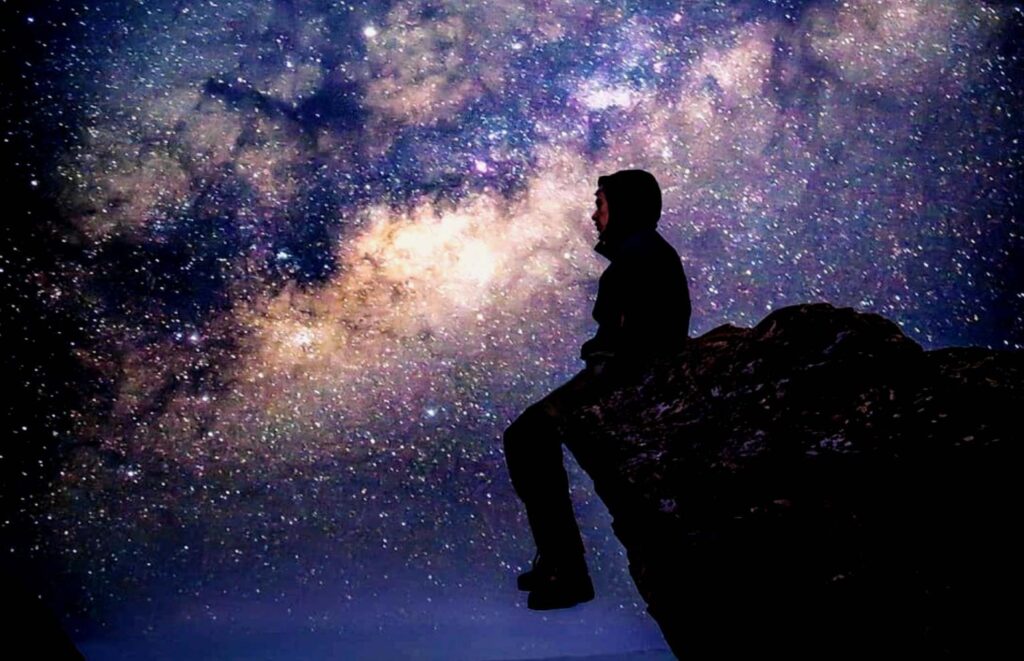
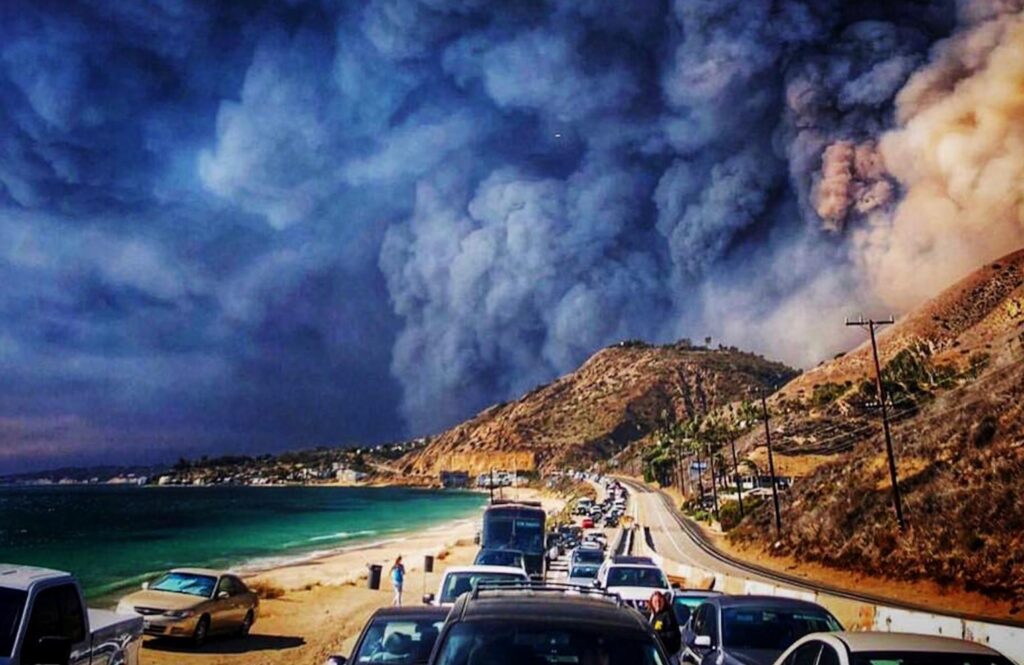
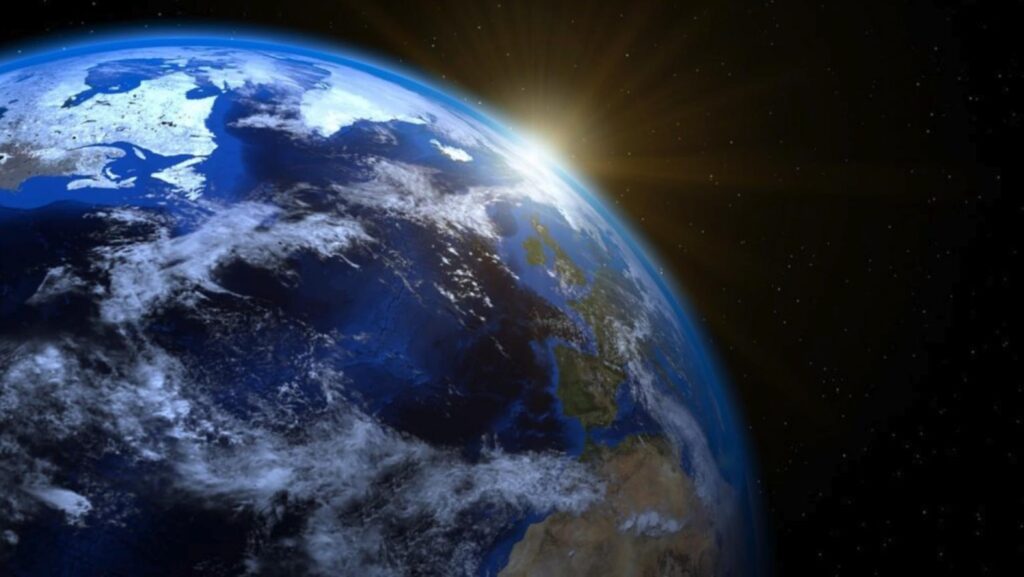
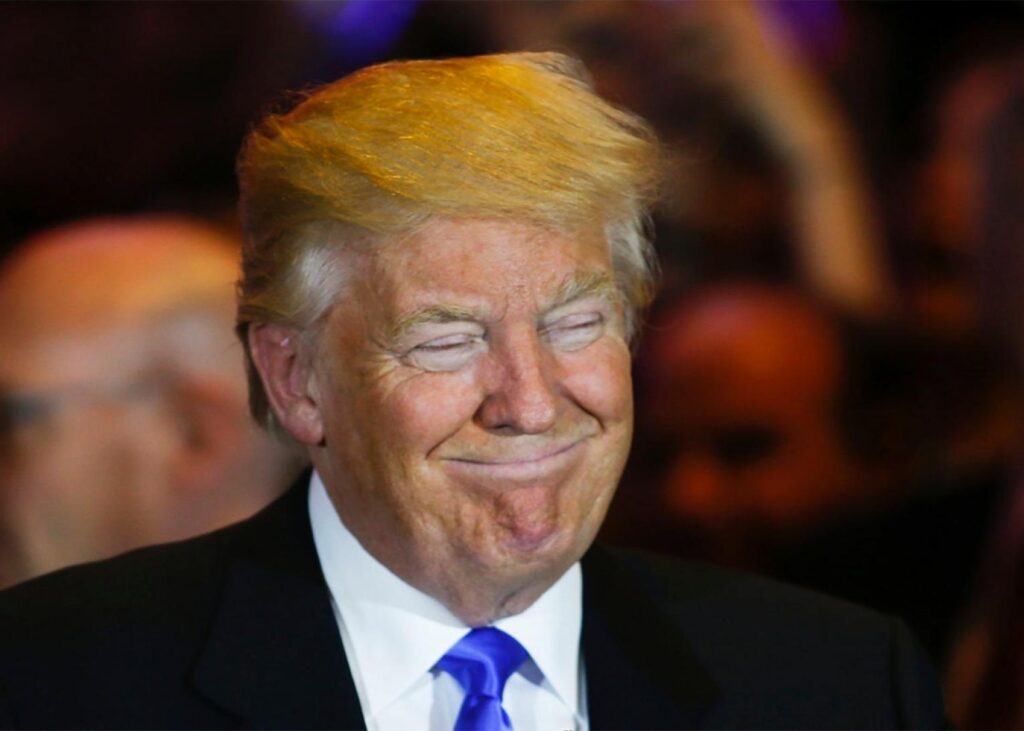
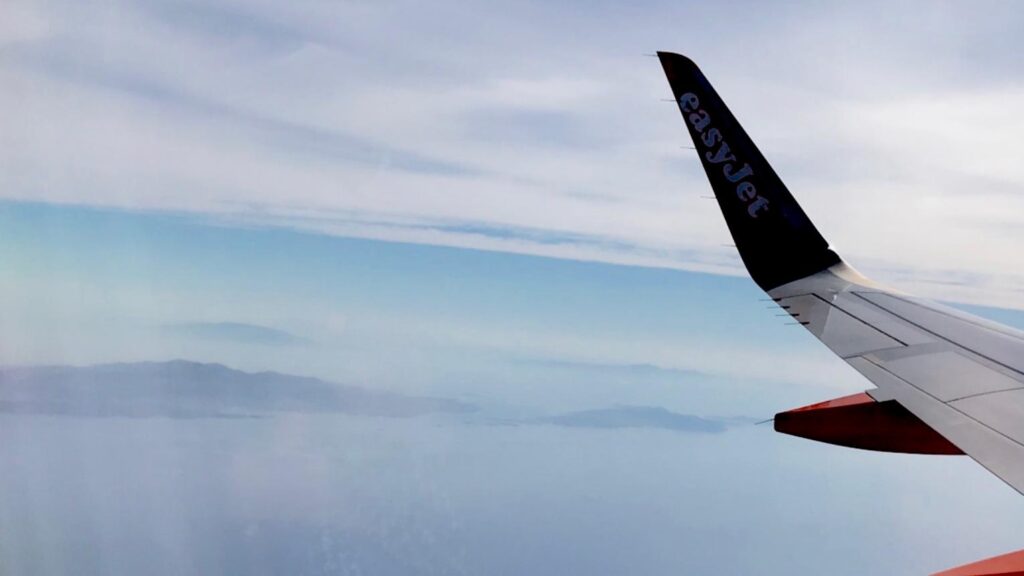

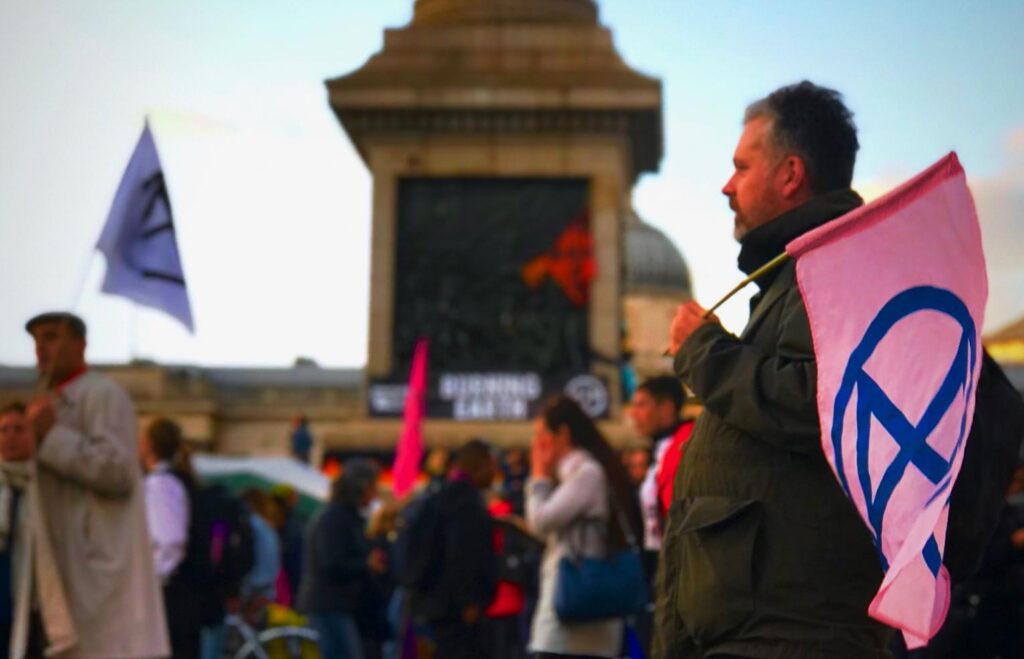
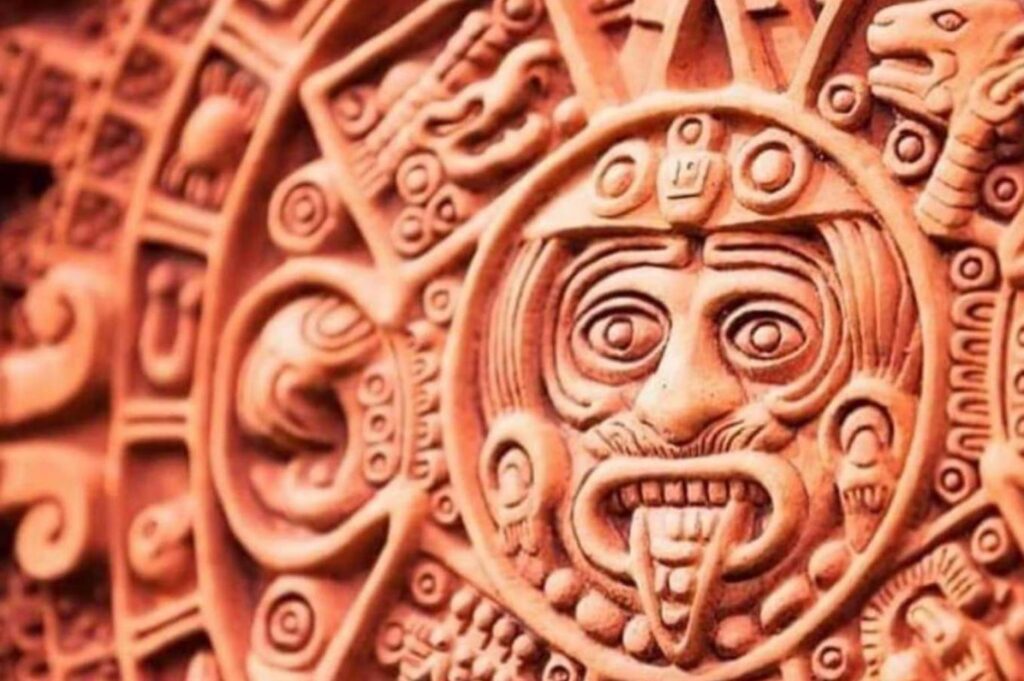
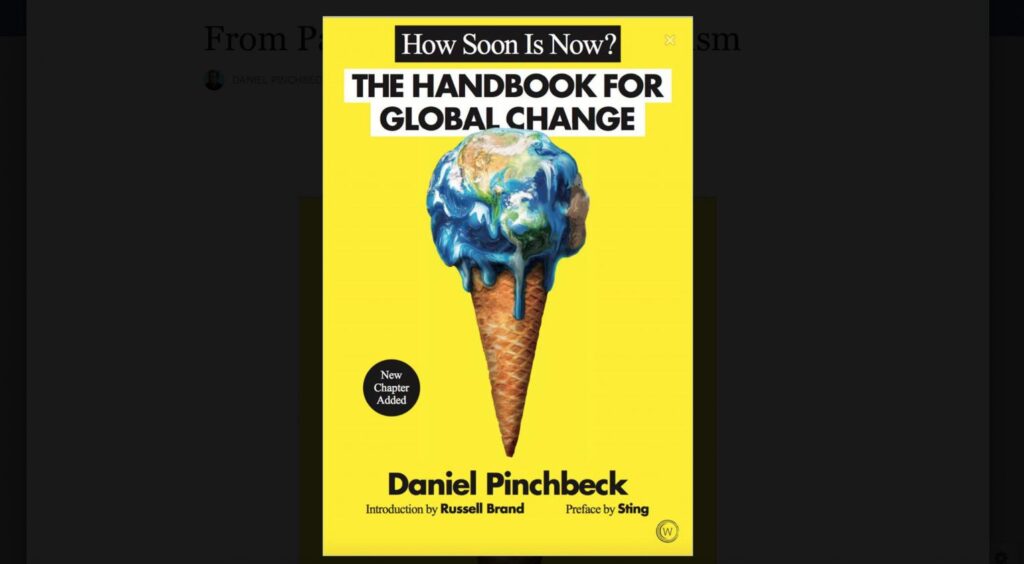
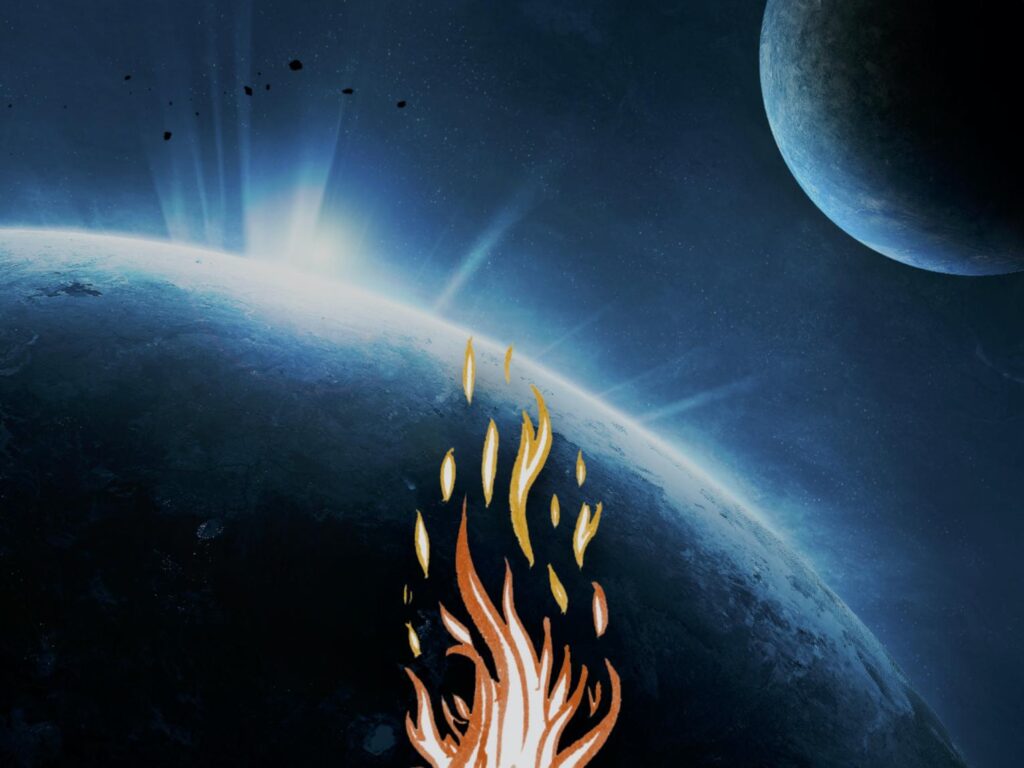


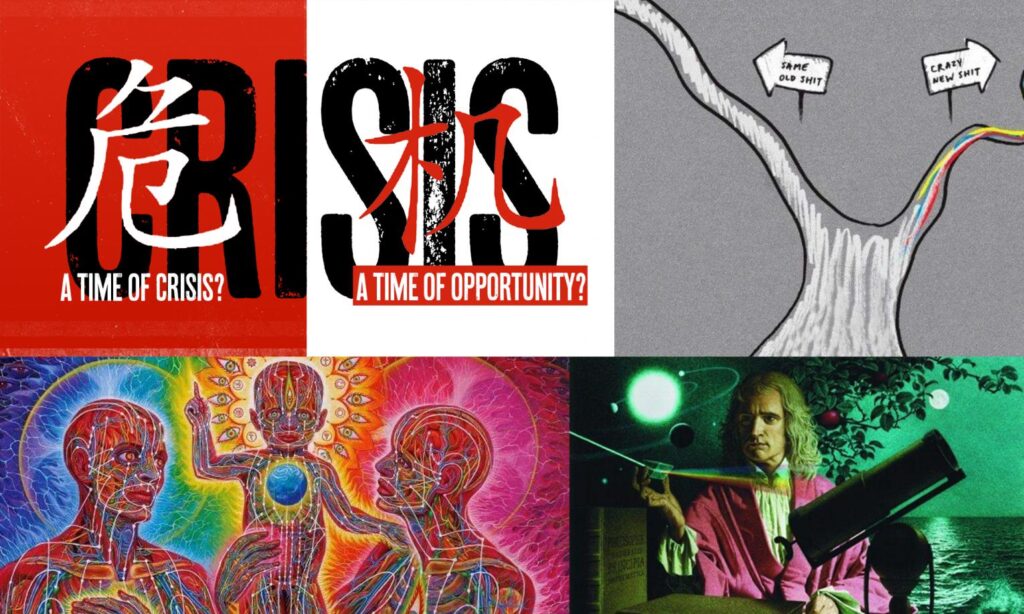
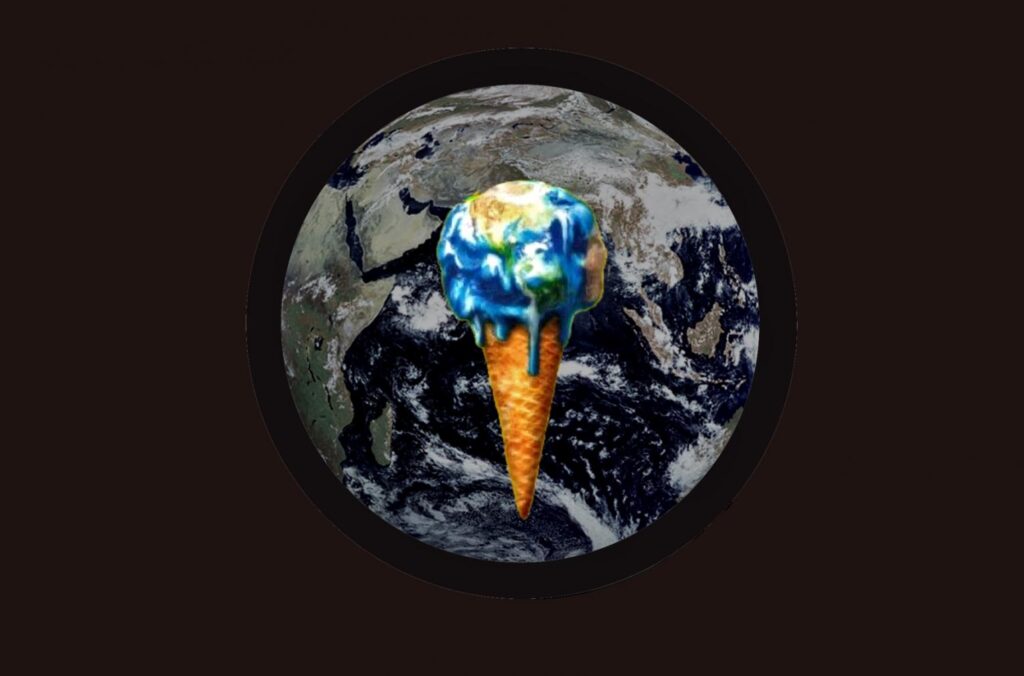
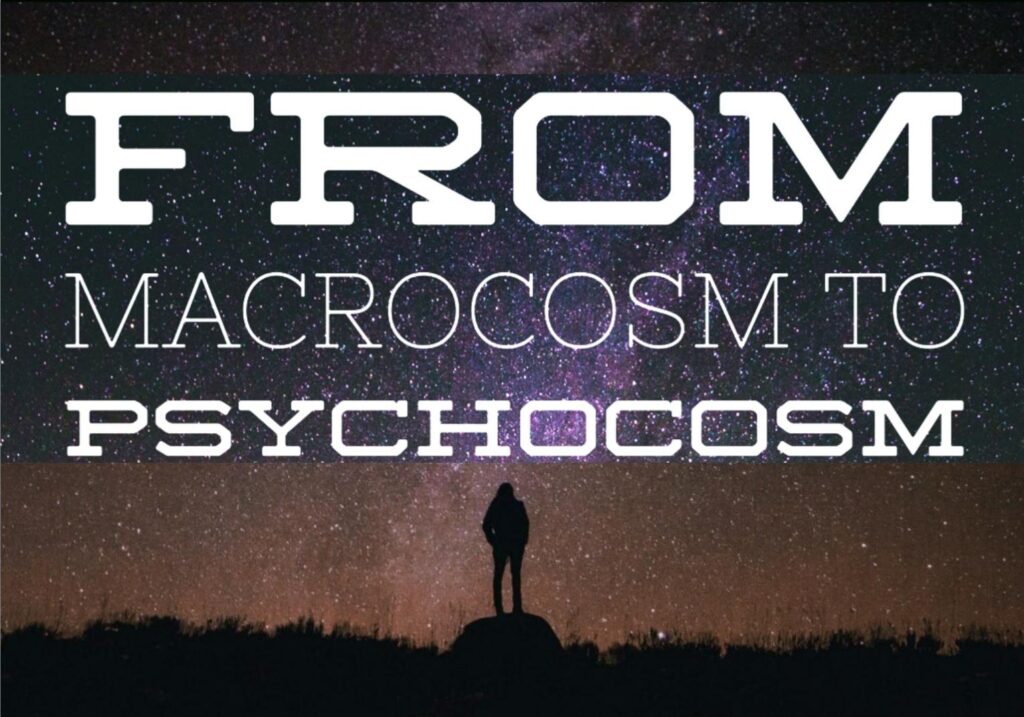
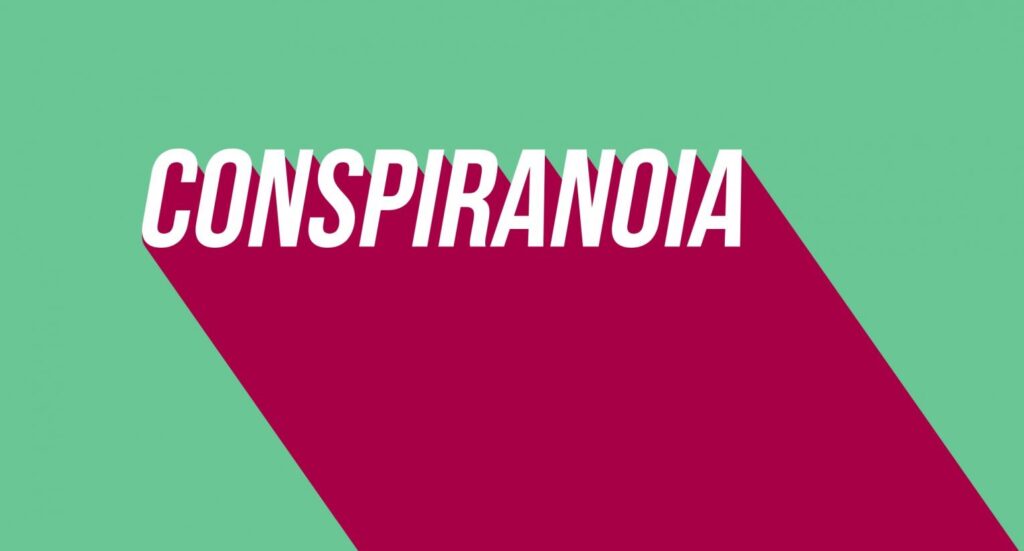
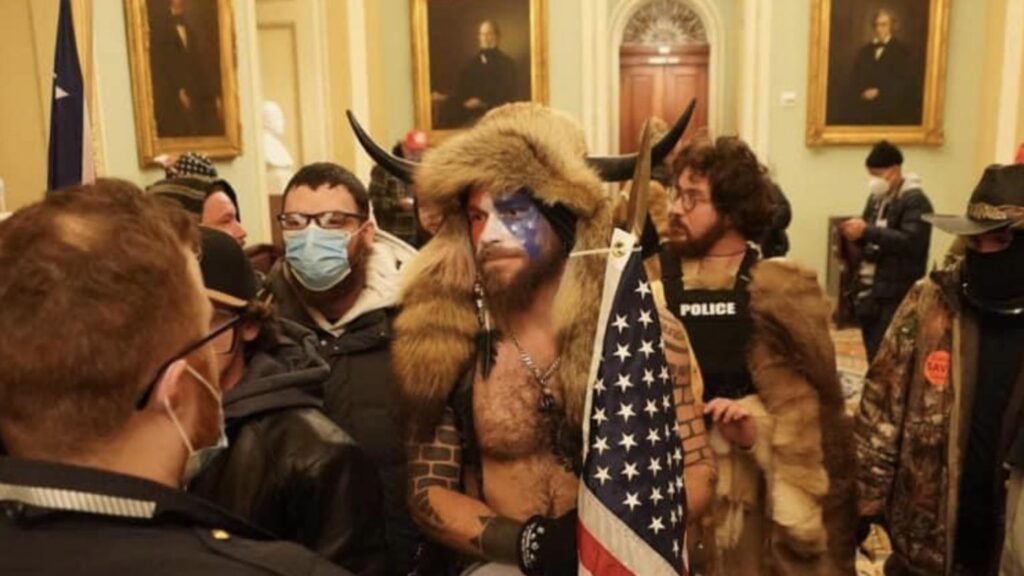
Responses